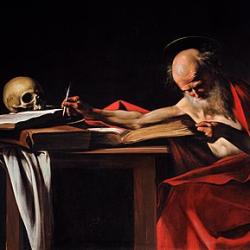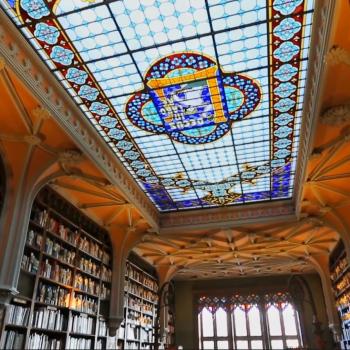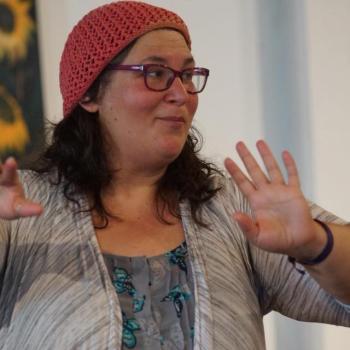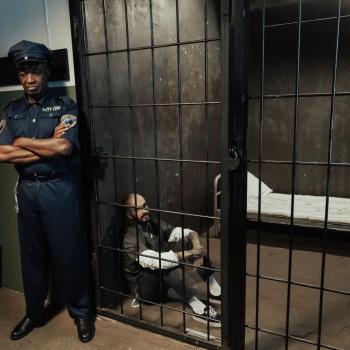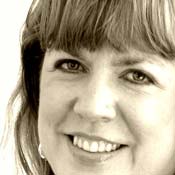Today we enter the long desert of the Lenten season. If you participate in a liturgical service, most likely you will be marked with the sign of ashes and the words "from dust you came and to dust you shall return" will echo through the sanctuary space again and again.
St. Benedict writes in his Rule to "keep death daily before your eyes" and Amma Sarah, one of the Desert Mothers said, "I put my foot out to ascend the ladder, and I place death before my eyes before going up it."
The word for desert in Greek is eremos, which literally means "abandonment," and is the term from which we derive the word "hermit." The desert was a place of coming face to face with loneliness and death. Nothing grows in the desert. Your very existence is, therefore, threatened. In the desert, you can only face up to yourself and to your temptations in life that distract you from a wide-hearted focus on the presence of the sacred in the world.
Death of any kind is rarely a welcome experience, even when we witness the mysteries of nature year after year reveal the glories of springtime that emerge from winter's fallow landscape. We resist death; we try to numb ourselves from life's inevitable stripping away of our "secure" frameworks. We spend so much energy and money on staying young. But when we turn to face death wide-eyed and fully present, when we feel the fullness of the grief it brings, we also slowly begin to discover the new life awaiting us.
In the desert tradition, death is a friend and companion along the journey. St. Francis of Assisi referred to death as "sister" in his famous poem Canticle of Creation. Rather than a presence only at the end of our lives, death can become a companion along each step, heightening our awareness of life's beauty and calling us toward living more fully. Living with Sister Death calls us to greater freedom and responsibility.
Alan Jones describes the desert relationship to death in this way: "Facing death gives our loving force, clarity, and focus. . . even our despair is to be given up and seen as the ego-grasping device that it really is. Despair about ourselves and our world is, perhaps, the ego's last and, therefore, greatest attachment."
I have been sitting with Jones's words and the invitation to fast during Lent, one of the central practices we are called to take on. The first reading today from the prophet Joel summons us to "return to God with your whole heart, with fasting, and weeping, and mourning."
But the kind of fast drawing me this season isn't leaving behind of treats like chocolate or other pleasures. This season I am being invited to fast from things like "ego-grasping" and noticing when I so desperately want to be in control, and then yielding myself to a greater wisdom than my own.
I am called to fast from being strong and always trying to hold it all together, and instead embrace the profound grace that comes through my vulnerability and tenderness, to allow a great softening this season.
I am called to fast from anxiety and the endless torrent of thoughts that rise up in my mind to paralyze me with fear of the future, and enter into the radical trust in the abundance at the heart of things, rather than scarcity.
I am called to fast from speed and rushing through my life, causing me to miss the grace shimmering right here in this holy pause.
I am called to fast from multitasking and the destructive energy of inattentiveness to any one thing, so that I get many things done, but none of them well, and none of them nourishing to me. Instead my practice will become a beholding of each thing, each person, each moment.
I am called to fast from endless list-making and too many deadlines, in order to enter into the quiet and listen for what is ripening and unfolding, what is ready to be born.
I am called to fast from certainty in order to trust in the great mystery of things.
And then perhaps, I will arrive at Easter and realize those things from which I have fasted I no longer need to take back on again. I will experience a different kind of rising.
If you want to enter a soulful guided experience for the season of Lent, join Abbey of the Arts for an online retreat on The Soul's Slow Ripening: Monastic Wisdom for Discernment.
12/2/2022 9:10:34 PM
